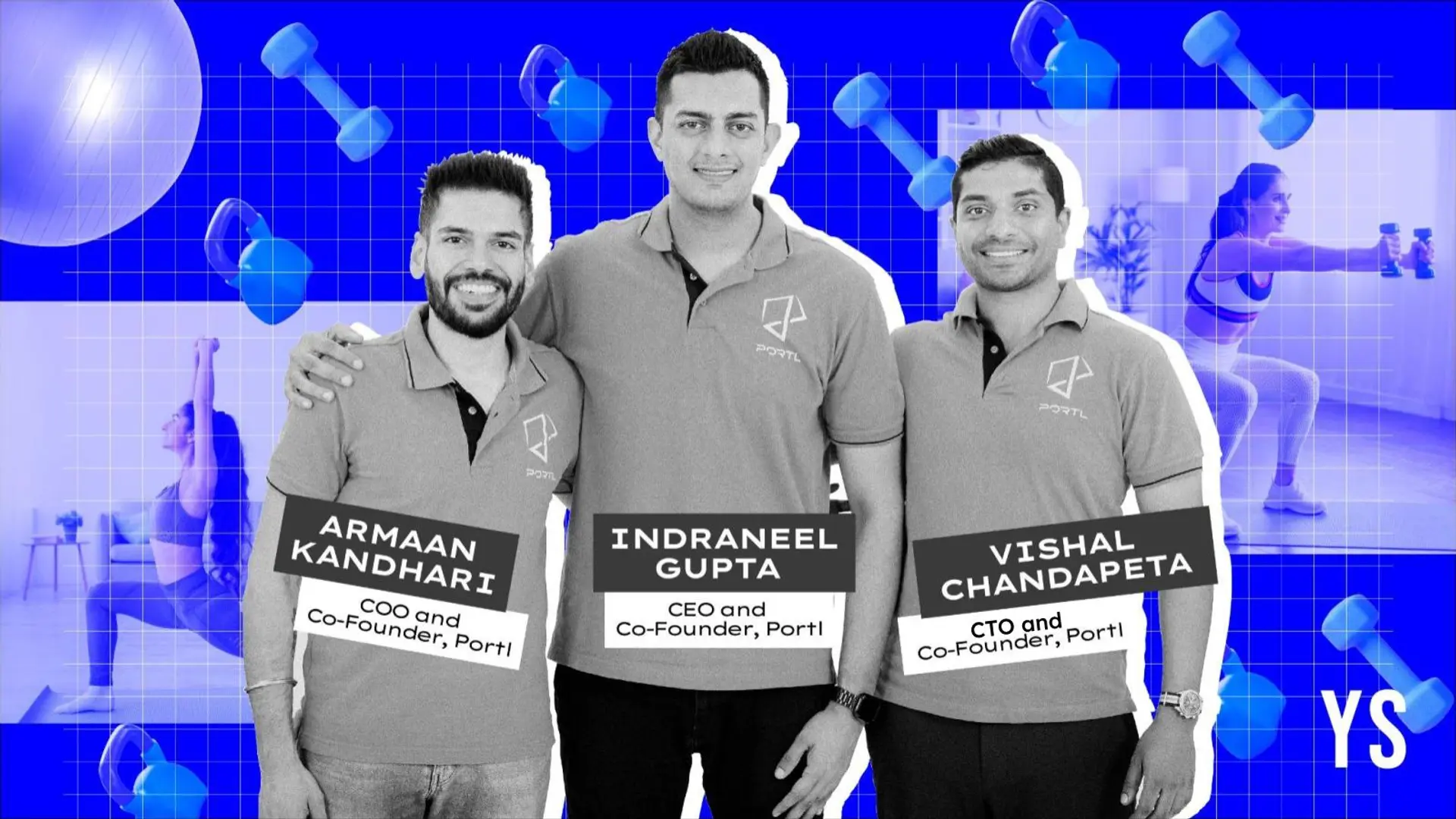Here’s how the dating industry in India is evolving with changing times
In an interesting panel discussion with YourStory’s Daily Dispatch, Able Joseph, Founder, Aisle, and Snehil Khanor, Co-founder and CEO, TrulyMadly, share key insights about new trends in the Indian dating industry and its future.
The COVID-19 pandemic has had an impact on numerous industries, including the dating industry. According to Statista research, the Indian dating industry's revenue was $323 million in 2020, and that number is expected to grow at a steady pace.
Able Joseph, Founder, Aisle, says the pandemic-induced lockdown started opening up around February during Valentine season, and that is when a lot of people, for the very first time, met the people they matched with the previous year.
Post that, he says, they launched a number of vernacular dating apps, which enabled them to further study dating behaviour.
“Of late, people have been meeting offline, going to malls, and are also beginning to go to cinemas, so the dating game is definitely back in 2021,” he says.

Source: Shutterstock
Snehil, Khanor, Co-founder and CEO, , says the startup’s engagement and revenue metrics almost touched peak season metrics during the first few weeks of the lockdown. However, some changes were noticed: app usage timings and first dates on Zoom.
“I always believed this will become normal, but it was a plan for five years down the line. The pandemic leapfrogged (this trend) and people adopted this technology way before,” Snehil says.
Able shares that once they discovered that people in Tier II or Tier III cities are smartphone-savvy, Aisle aimed to leverage that. They segregated India into four regions and thought of coming up with vernacular dating apps to customise the experience.
“It started with Arike for the people of Kerala back in February, and we are now slowly releasing separate dating apps,” he says.
The apps include Anbe for Tamilians and Neetho for Telugu-speaking people. Able says the engagement has been better with regards to Tier II or Tier III cities. There is a sentiment attached to vernacular apps due to the tailor-made experience they offer. Besides, the startup has also made adjustments to price points, and introduced aspects like ‘astrology’ within the apps.
“Tier II and Tier III is onboard with the dating game. I think arranged marriages will slowly fade away, and all of India will look for partners independently,” Able says.
Snehil says while love marriages have gained in popularity, dating is still taboo. But he acknowledges that there has been great growth in Tier II and III regions in terms of users and revenue.
“These regions combined are growing much faster than Tier I,” he says.
He attributes the growth in these regions to the pandemic, reverse migration, and factors like increased accessibility to the internet. TrulyMadly recently added Hindi, Marathi, and Gujarati, and aims to be live in 13 languages by the end of this year or mid-January.
Aiming for growth
Able shares that Aisle is one of those B2C companies that is not venture-funded but has broken even. “We like the control, and we don’t want to give it away. We don’t want to be guided on our growth either,” he says.
According to him, identifying users who have online dating etiquette is important in the dating industry so they are being very careful with the growth. The company has a lot of prominent angel investors backing them, and they plan on raising a substantial amount of capital in the next six months. They also intend on hiring influencers, celebrities and hire a quality team to manage the apps, he says.
“Once we have the resources, we will probably go up against global players," Able says.
Snehil says TrulyMadly is planning on raising a Series A round and there is a lot of interest in the market. He believes that the industry is just getting started and has a long way to go.
“This generation that studied online and got jobs online is not going to find love offline,” Snehil says.
Edited by Anju Narayanan







